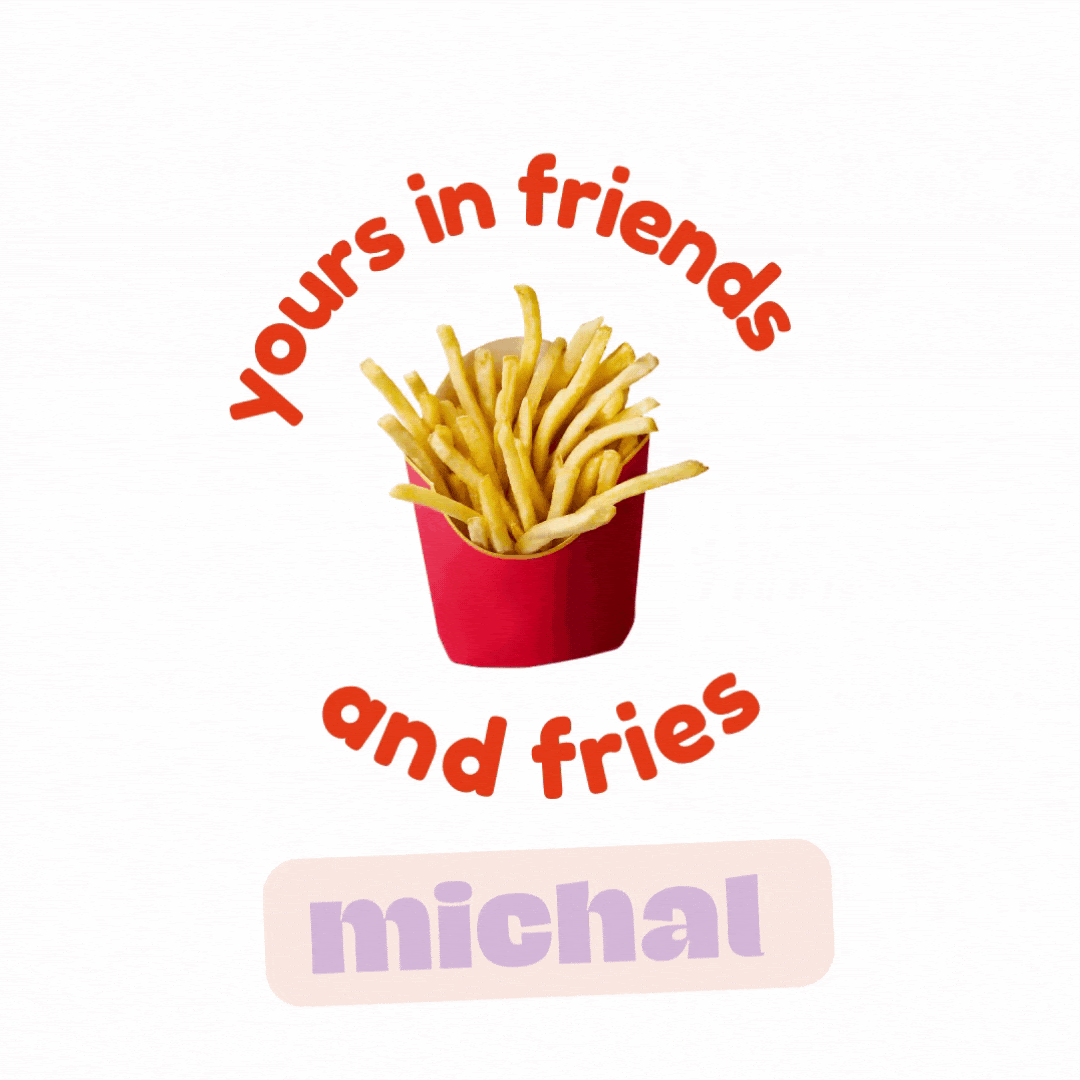Will podcast producers survive the apocalypse?
We publish Vocal Fridays every week, straight to your inbox.
Subscribe below to get it straight outta the frying pan!
In the event of an apocalypse, what will happen to podcast producers?
That tweet prompted a discussion amongst the Vocal Fry producers.
For context, this is a question I’ve been pondering for many years. I consider myself extremely lucky to have a few groups of very close friends, many of whom read this newsletter. To all of you I say: have I told you lately that I love you?*
*Van Morrison turned out to be something of a COVID conspiracy theorist, so we’re sticking with the Rod Stewart cover around here
I’ve long had an annual tradition with one of these groups of friends in which we go up to our old summer camp on the May long weekend to prepare the vegetable garden for the campers, who come up about a month later.
We spend hours swatting away black flies while we weed and till the soil. As we sit on our haunches, up to our elbows in mud, we maybe get a little bit too proud of how we, a bunch of city kids, can effectively work the land.
Surely, we would be capable of living off the land if we collectively bought a couple acres of land or a decommissioned resort and started a commune.
It definitely wouldn’t be a cult, if that’s what you’re thinking.
But then the question arises: what could we all contribute to the commune?
We’ve got a doctor, some teachers, people who work in government and non-profits — those skills all present themselves pretty clearly. But then, eyes turn toward me: what use is a podcast producer in a commune?
Turns out, we may be more advantageous than you’d think at first glance.
Based on consultations with other Vocal Fry employees, here are the jobs we think each podcast role would play in a post-apocalyptic commune:
EXECUTIVE PRODUCERS
According to Katie: these are your hunters. They’ve got a goal to execute, and they’ll do whatever it takes to get there. Stakes are high, and they’ve got killer instinct.
CHASE PRODUCERS
From Jay: Chase producers are organized, but ruthless. They will manage and distribute supplies. When it comes to triaging medicine, we need a fearless chase producer.
SOUND DESIGNERS/ENGINEERS
Jay adds that musicians and performers might have some electronics skills. They can set up the scanning equipment to detect zombies/monsters etc. Then, of course, they’ll lead us all in song by the evening campfire.
SCRIPT WRITERS
Imagine the public announcements written by podcast script writers… VERY dramatic. These are your communications specialists, says Kattie.
HOSTS
I maintain that hosts would be our front-facing representatives. Hosting is (of course) a form of public speaking, and great hosts know how to use their voice to get listeners on their side. Even in the apocalypse, we’ll need some sort of public organizers, and hosts have the soothing voice and charming demeanour to rally the group around a common cause.
PRODUCERS
This is, perhaps, the hardest to nail down, because the job of producer can be hardest to nail down even not on a post-apocalyptic commune. Jay believes that reporters/producers aren’t messing around — these are the folks who take up arms and act as soldiers.
Why is this commune so violent? My ideal commune is mostly just vibes.
Max argues that producers are cunning and can extract intel from other communes, for persuasion purposes in intergovernmental relations. Which is to say: spying.
Jay concedes: we’re essentially professional manipulators when it comes to getting the audio we want. I have to say that this appeals to me, personally, because as a child I was heavily influenced by such international spies as Harriet, Mary Kate, and Ashley, and thus wanted to be a spy when I grew up.
All of which is to say — next time someone tries to tell you that your skills are no help for a post-apocalypse commune, I hope you’re empowered to respond:
Oh, but yes we absolutely are.
In non-podcast things I’m reading this week, my good friend Jordana wrote an essay for the Globe and Mail about the love letter she wrote to her cancerous breasts before getting a double mastectomy earlier this year. It made me laugh, it made me cry, it made me curse our patriarchal healthcare system.
A Canadian podcast job if there ever was one! The Globe and Mail is hiring a producer for its daily news podcast, The Decibel. I do a lot of work with this top-notch team as a freelancer, and will shout from the rooftops how wonderful they are to work with!
In non-podcast jobs, The Globe and Mail is also hiring a reporter for their Ottawa bureau for a 12-month contract.
Thanks to Anna Soper, host/producer of Teen People Pod for tipping me off to this one — CFRC 101.9 in Kingston is hiring a local journalism initiative reporter. The job runs from April 2022 to May 2023, and the salary range is $45,000 to $50,000. If you read last week’s newsletter, you’ll recall the rant I went on about entry level jobs not paying a living wage, so I am thrilled to see this!
Sports fans! Maple Leaf Sports and Entertainment (AKA MLSE, owner of your fave Toronto teams) is hiring a full-time producer. Apply by March 28.
The Creative School at X University (FKA Ryerson) is hiring an assistant professor for a limited term faculty position in the journalism program. Apply by March 25.
CBC Edmonton is hiring a permanent, full-time afternoon assignment producer. Apply by EOD April 14.
CBC Life is hiring a full-time, contract social media editor. Apply by EOD March 29.
Warm up your vocal cords! CBC News is hiring a permanent, part-time weekend news editor presenter for The World This Hour. Apply by EOD March 30.
CBC Radio is hiring a permanent, full-time senior producer for The World This Hour. Apply by EOD March 23.
Networking is an essential part of being a freelancer — it’s a lot easier to get clients when people actually know who you are. But networking can often feel transactional and, frankly, icky. I get it! But it doesn’t have to be this way. Dorie Clark wrote an article for Fast Company on how to ensure people don’t feel used when you’re networking with them.
For theatre lovers who miss the real thing, Crow’s Theatre has been supporting three podcasts-in-residence throughout the pandemic. Check out Beneath the Ceiba Tree for an exploration into how the impact of Caribbean folklore ripples through history into present day, hosted by Meghan Swaby. On The Culture Shift, host Devyani Saltzman talks to intersectional artists and arts workers about their practice, including one of my favourite professors, Kamal Al-Solaylee. On Soft Revolution, hosts Torquil Campbell and Ali Momen bring on fellow artists, musicians, and actors to discuss art, society, culture, and politics. A little something for everyone!
This week on Building Good, Rob Cumming came on the podcast to talk about how to reduce carbon emissions in concrete production.
If you’ll allow us to get a little meta, Emily Latimer wrote a blog post on 9 must-read newsletters for podcasters. The first one on the list is, well, this newsletter, so here I am, in this newsletter, telling you to read a blog post that will tell you to read this newsletter. We’ve trapped you in a newsletter cyclone! I’m sorry and you’re welcome.
We want to hear from you! What are you looking for in your podcast news? Let us know on Twitter, Instagram, or by email at info@vocalfrystudios.com.
Thanks to Emily Latimer for editing this newsletter, and to Katie Jensen for designing it.
We’ll see you again on March 25. Until then, here’s an update from producer Kattie Laur’s dog, Joe.






















In which producer Michal Stein asks her friends and family what they think she does for a living.